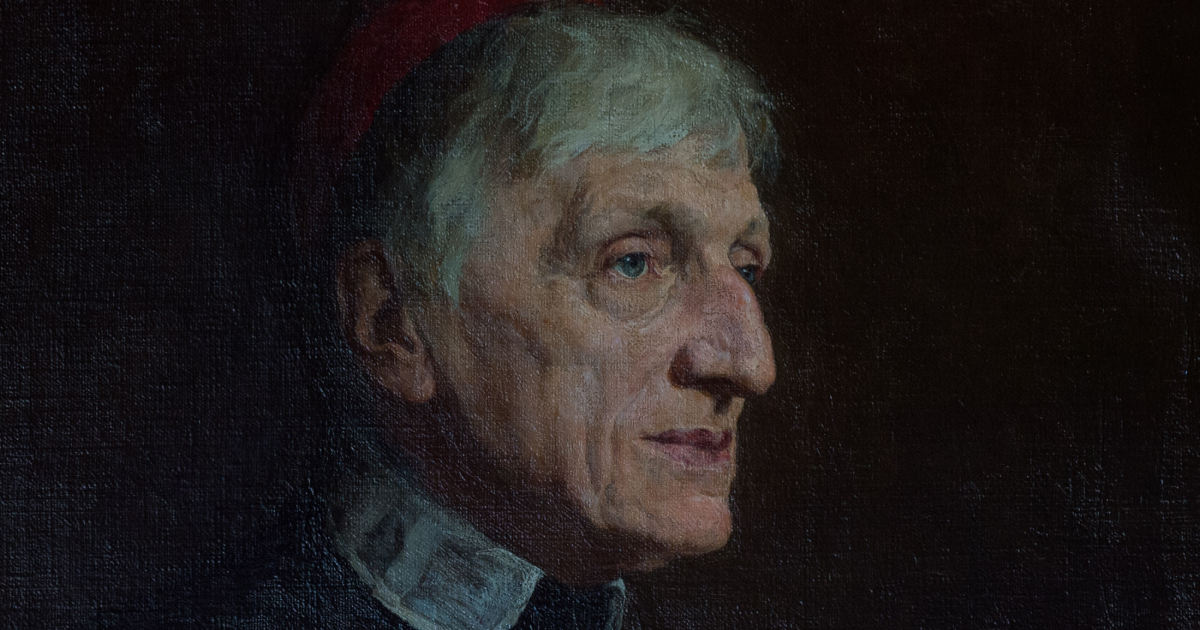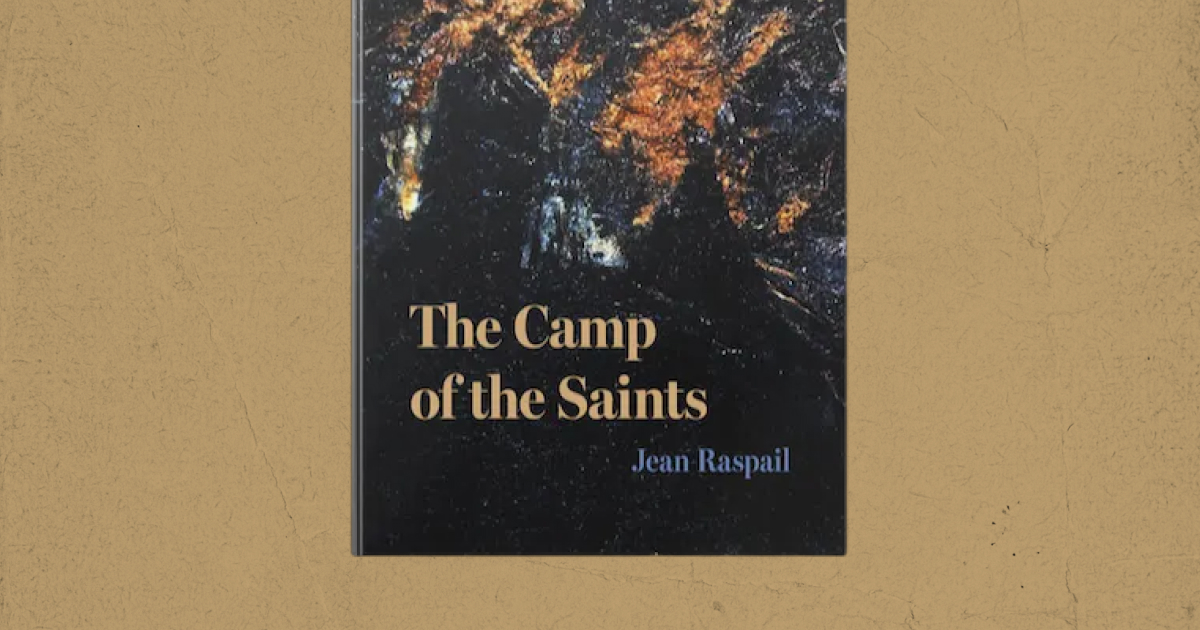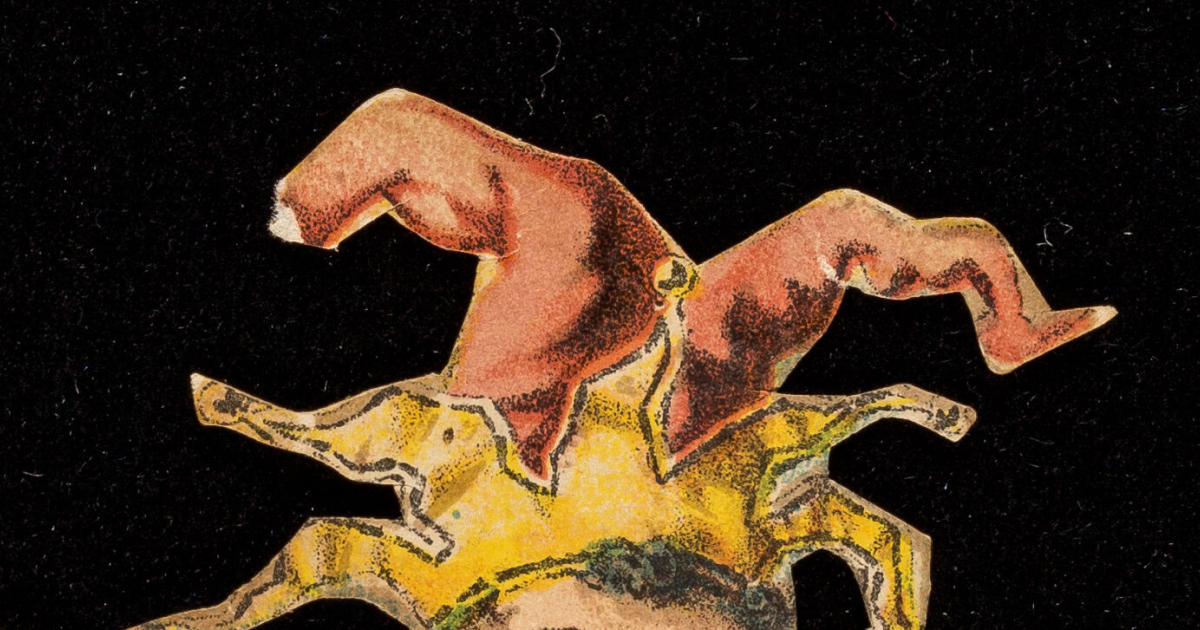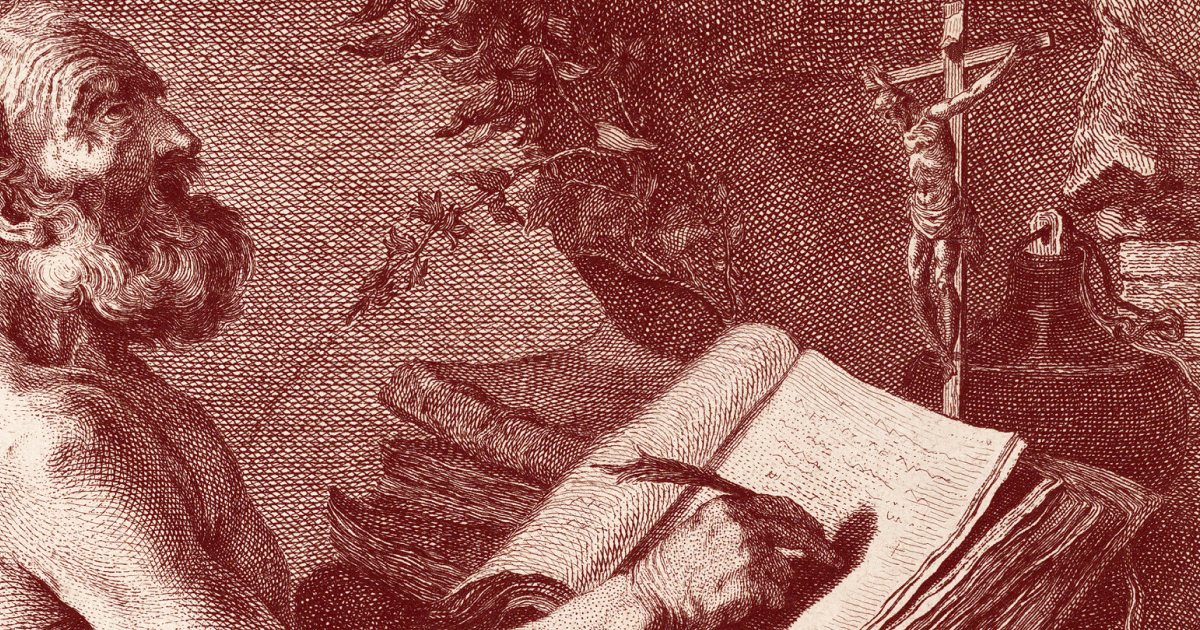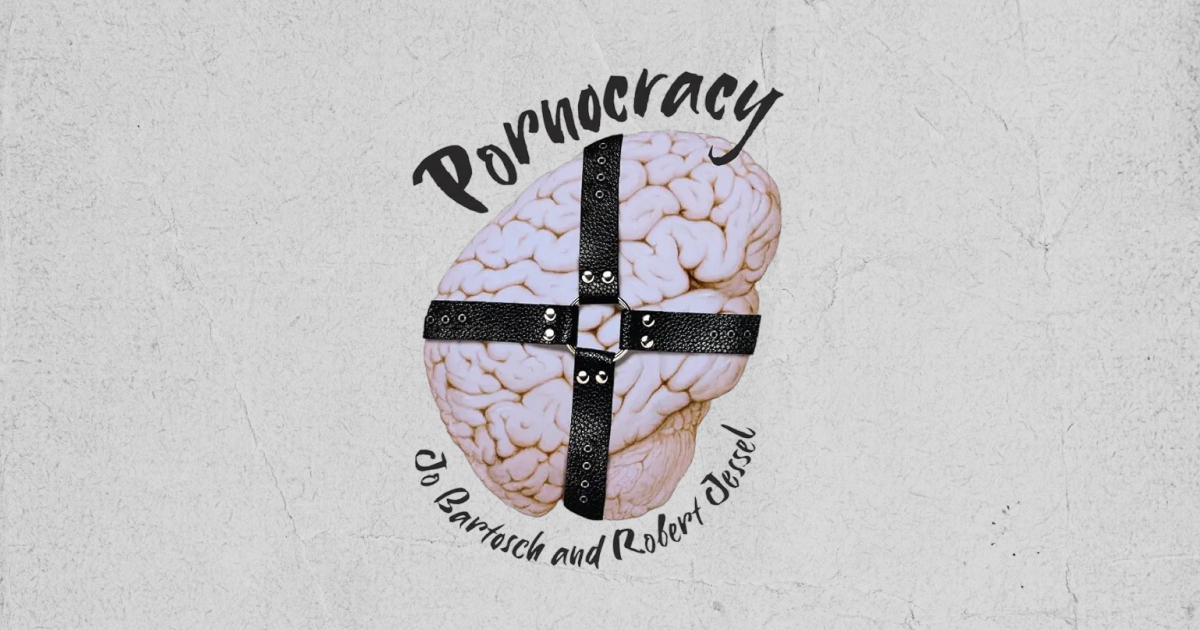For over seventy years, Catholics in China have faced an extraordinarily painful dilemma: remain loyal to Rome and risk arrest, imprisonment, torture and persecution, or join the Chinese Communist Party’s (CCP) state-controlled “patriotic” church and risk selling out their souls. Few stories illustrate this stark choice more clearly than the lives of two rival Shanghai bishops: Cardinal Ignatius Kung Pin-mei and Bishop Louis Jin Luxian. Both men spent years in prisons and labour camps. But Cardinal Kung stayed loyal to the Vatican until the end, refusing to compromise, while Bishop Jin was drawn in and rose to become one of the most senior leaders of the state-controlled church.
Few books unpack their story – and the wider struggles of the Church in China – more comprehensively than Fr Paul Mariani’s excellent new tome, China’s Church Divided: Bishop Louis Jin and the Post-Mao Catholic Revival. It is essential reading for anyone who wishes to understand the tensions, intricate complexities and personalities of the Church in China and the CCP’s policies towards religion. Focused particularly on Shanghai, which Mariani claims illustrates “the boldest contrast between ‘patriotic’ and underground Catholics in China” and “most vividly tells the story of the deep divisions in China’s Catholic Church”, the book provides deep insight into the struggles faced by Catholics across the country.
During Mao Zedong’s Cultural Revolution, the CCP’s objective was to eliminate religion entirely. Many priests, nuns and lay people suffered severe persecution and long imprisonment, and numerous churches were destroyed, yet the Church survived. Realising it could not eradicate religion, Beijing changed tactics and opted for policies of control and co-option instead. Mariani details the key policy documents that underpin the CCP’s approach, beginning with “Document 19”, published in 1982. Its full title, The Basic Viewpoint and Policy on the Religious Question during Our Country’s Socialist Period, remains, in Mariani’s words, “the clearest and most authoritative articulation of CCP religious policy.” Others, including the 1989 policy known as “Document 3” on “Stepping up Control over the Catholic Church to Meet the New Situation”, built on this foundation. Document 3, Mariani argues, was “a point-by-point programme on how to control and destroy the underground Catholic Church in China.”
At the heart of Mariani’s book lies a question: what does it mean to be a Catholic in China? The CCP wants a Church independent of the Vatican, severed from the pope and under Beijing’s authority. But as Mariani observes, “for devout Catholics, there is no such thing as a Catholic Church independent from Rome.” The Church, by definition, is universal.
How, then, did a Jesuit priest like Louis Jin end up compromising with the regime? From Mariani’s account, the CCP began to “court” Jin early. Arrested in 1955 and imprisoned for 18 years, Jin – who spoke several foreign languages – was recruited as a translator for the authorities. In 1980, he was taken to Beijing to meet the Ministry of Public Security and later hosted for lunch in the Great Hall of the People. “This in itself must have made a strong impression on Jin,” writes Mariani. He remarked on the fine wine served and was immediately presented with a bottle as a gift. “The seduction of a former prisoner who had survived on sweet potatoes for years was now well underway.” Jin was also threatened with renewed imprisonment if he refused to cooperate and tempted with the opportunity to rebuild the Church under state supervision. Mariani adds that Jin was blackmailed after being photographed in a compromising situation with a woman.
Once Jin rose through the ranks of the Chinese Catholic Patriotic Association (CCPA), he became attached to power. Mariani portrays him as “an opportunist” and “a shrewd politician” who sought to balance government control with Vatican expectations. When Mariani interviewed him, a commemorative plate of Pope Benedict XVI stood between their chairs – only to be replaced by a picture of Xi Jinping when CCP representatives sat there. Jin admitted he was “a slippery fish squashed between government control and Vatican demands.”
Cardinal Kung, by contrast, was steadfast. Offered release from prison if he renounced Rome, he refused, declaring that as long as one priest, nun or Christian remained imprisoned for the faith, he would not leave. “God had called him into the prison for the past thirty years. Why should he leave now? Prison had become his monastery,” writes Mariani. After three decades in jail, he was released and allowed to travel to the United States for medical treatment, where he lived until his death in 2000. Created a cardinal in pectore by Pope John Paul II in 1979, he eventually received the red biretta in 1991. “For his fidelity to the Church, he received an unprecedented standing ovation,” writes Mariani. The Pope told Kung: “By honouring you, the Holy See honours the whole faithful Church in China.”
Into this compelling story Mariani weaves key events such as the collapse of the Soviet Union and the Tiananmen massacre, statements by successive popes seeking to engage China, and the involvement of figures from Vatican diplomacy – from Cardinal Casaroli, architect of Ostpolitik, to Cardinal Tomko, an ally of John Paul II’s firmer stance, as well as Cardinal Theodore McCarrick and Hong Kong’s Cardinal Joseph Zen.
The persecution of courageous Catholic priests who continue to defy the state is also recounted, including underground Bishop Joseph Fan Zhongliang and “patriotic” Bishop Thaddeus Ma Daqin, who shocked the congregation at his consecration by declaring it would “no longer be convenient to be a member of the Patriotic Association.” He has been under house arrest ever since.
Mariani’s book offers painstakingly researched and indispensable background to the Vatican’s 2018 provisional agreement with Beijing, providing essential context for any reassessment of that deal. Based on first-hand interviews, it is a balanced and detailed account of the CCP’s enduring hostility to religion, intensified under Xi Jinping, and a tragic portrait of the moral dilemmas facing Catholics in China. Whether one chooses loyalty to Rome and prison, or compromise with the CCP and the loss of one’s soul, the stakes could hardly be higher.
Benedict Rogers is Senior Director of Fortify Rights, co-founder of Hong Kong Watch, and author of The China Nexus: Thirty Years in and around the Chinese Communist Party’s Tyranny (Optimum Publishing International, 2022).





.jpg)



